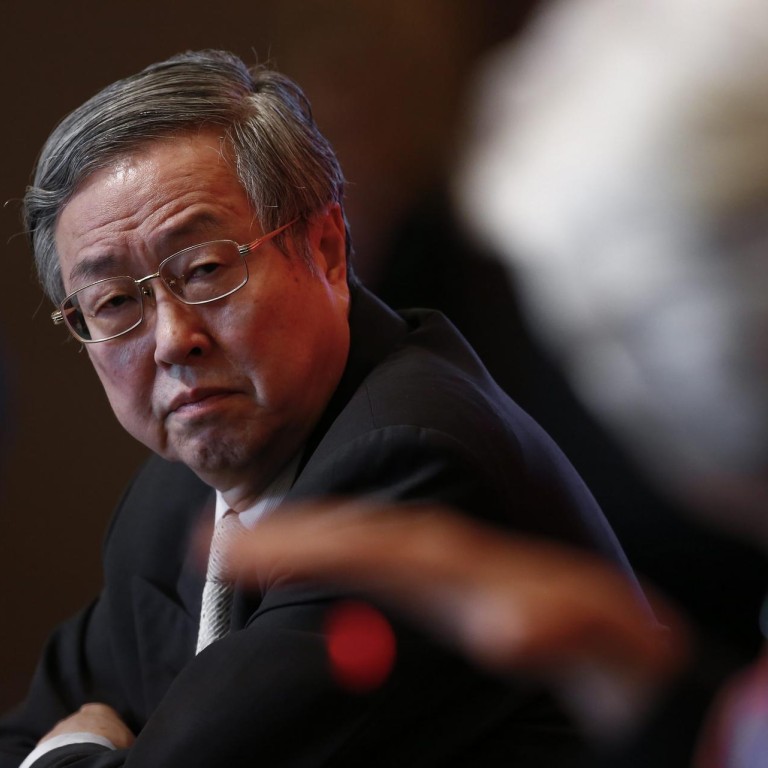
Update | The man who pushed for a global yuan - China's central bank governor Zhou Xiaochuan
Central bank chief the brains behind plan to add renminbi to IMF currency basket
"Being radical or gradual is relative - [for] Western countries, being radical means you take approaches like shock therapy," Zhou Xiaochuan, then Bank of China vice-president, wrote in 1993. "But in socialist countries, it may mean you act like a Western gradualist."
Zhou's market-oriented gradualism is paying off. The International Monetary Fund's decision to add the yuan to its Special Drawing Rights basket is the latest recognition of the central bank governor's work as well as of China's growing economic might.
READ MORE: The rise of the renminbi: How adding China's yuan to IMF's SDR basket will spur the currency towards further reform
Zhou has been on the gradualist path for at least three decades. Those tumultuous years saw Zhou - now the longest-serving central bank governor among the world's major economies - emerge as the country's most trusted face in the financial field both at home and abroad.
"His name will be in the history book [on] when the renminbi grew in status and China made noticeable steps to liberalise its financial system - he has been one of the driving forces behind this," said Alan Wheatley, co-author of , which is centred on the yuan's international role.
Zhou is believed to have been at the centre of almost every change China has made to its financial system - from reshaping state banking to setting up the bond market to laying the foundations for the yuan to go global.
Just six months into his role as central bank chief in May 2003, Zhou attended a State Council meeting at which he gave a presentation to then Premier Wen Jiabao and other officials on reforming "technically bankrupt" state banks, according to magazine.
The leaders endorsed his proposal and the reform was rolled out. As a result, China's state banks are now among the world's biggest lenders by market value.
"Certainly, he has strategic thinking," said Jonathan Fenby, China managing director at research firm Trusted Sources. Zhou's being "a big fan" of the SDR had helped the process of getting the yuan into the basket of reserve currencies, he said.
Zhou first raised the issue in 2009, when he argued that a "super sovereign" currency could be developed based on the SDR to replace the US dollar.
Zhou, 67, has been assistant foreign trade minister, president of China Construction Bank, head of the State Administration of Foreign Exchange, and securities watchdog chief. He became central bank chief in 2002.
He was expected to step down in 2013, but stayed on after securing the vice-chairman role in the Chinese People's Political Consultative Committee.
READ MORE: Six key things to know about the vote on China’s yuan joining the IMF basket of currencies
Under Zhou, the central bank had generally gone in the right direction, but it had also made mistakes in timing, said Huw Mckay, Asian economic research head of Australia's Westpac Institutional Bank. The June 2013 cash crunch in the interbank market was an example, he said.
Xu Hongcai, economic research director at the China Centre for International Economic Exchanges, said: "The role of an individual should not be exaggerated - Zhou has just done a good job in implementing national policies and strategies."

